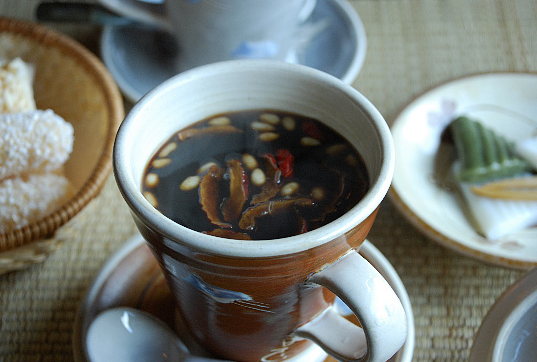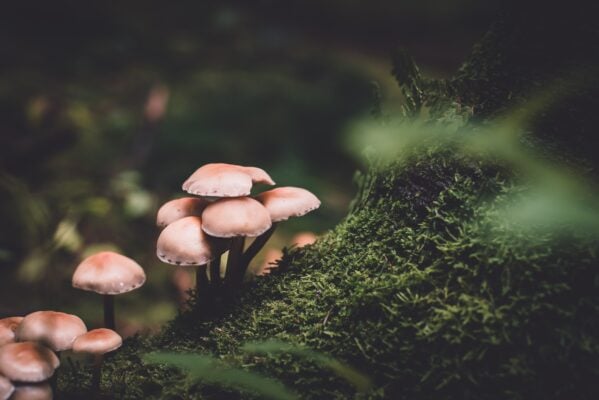Although technically a herbal-based beverage, ginger tea seems to be growing in popularity in recent years, mainly because of its long history of proposed healing properties.
To trace the origins of ginger tea we must first go back several thousands of years to the plant it all started with. The Zingiber officinale, or ginger as it later became known, is a flowering plant that originally was found in maritime Southeast Asia and was one of the first spices to have been spread throughout the Austronesian region over 5000 years ago, and was also exported to the ancient Greeks and Romans (some argue that it was Alexander the Great who first brought ginger to ancient Greece). There are several species of ginger, including cardamom and turmeric, which to this day are often used to add spice to meals.
Initially the ginger root had a religious significance for the Austronesian people and was used for healing and consumed as elixirs meant to ward off evil spirits. This reputation of bolstering one’s health made the ginger root a highly sought-after commodity for all kinds of uses throughout history, ranging from ginger wine, to gingerbread to of course ginger tea. In the 13th and 14th century ginger came in such high demand that a single pound surpassed the cost of a sheep. Like most herbal teas, ginger tea is made by boiling slices of the ginger root directly in water, or to mix it with another tea, and is often served with lemon or honey to make the taste a bit less bitter.

As for the healing properties, ginger contains a number of valuable vitamins and minerals including Vitamin B6 and magnesium. Ginger also contains compounds like shogaols and gingerols, which are linked to anticancer benefits. Some of its other proposed medical benefits include as a treatment for sore throats, asthma, rheumatism, indigestion, relieving nausea, reducing inflammation, fighting respiratory problems, strengthening the immune system, improving blood circulation, and more.
It is important to note, however, that the research into the medicinal value of herbs like ginger is still somewhat inconclusive and as such ginger tea should not be seen as some miracle cure to all that ails you. Having said that, our current growing societal awareness on nutrition and what we put in our bodies has made ginger tea a popular alternative to less healthy options.



